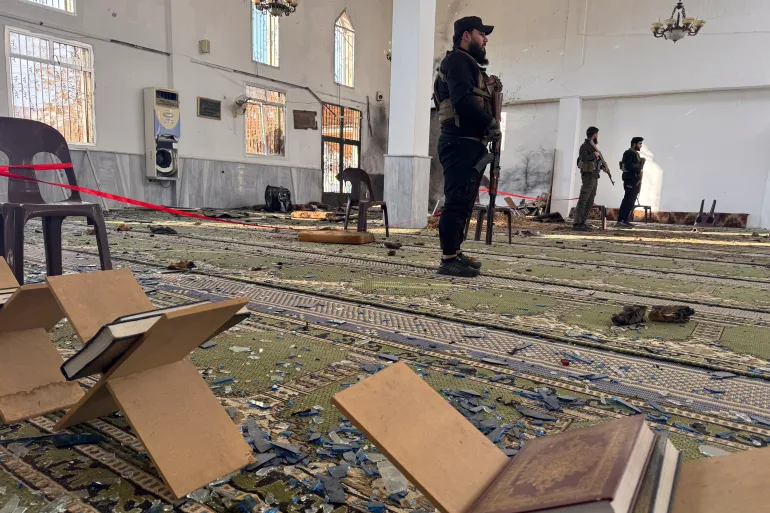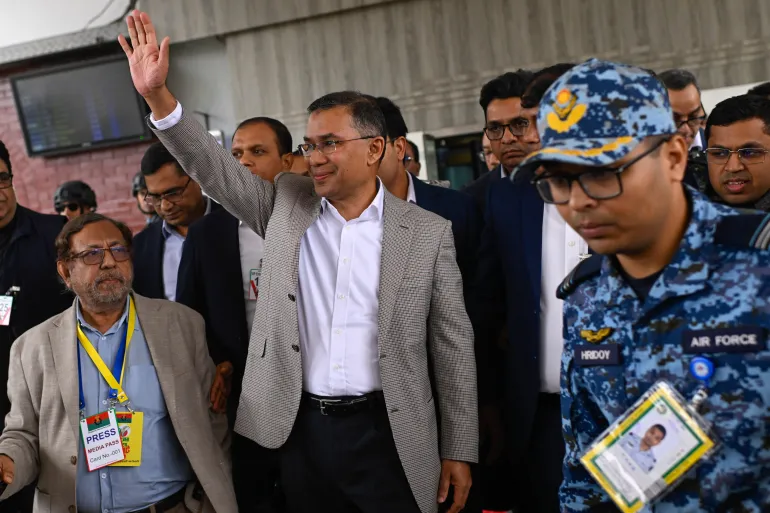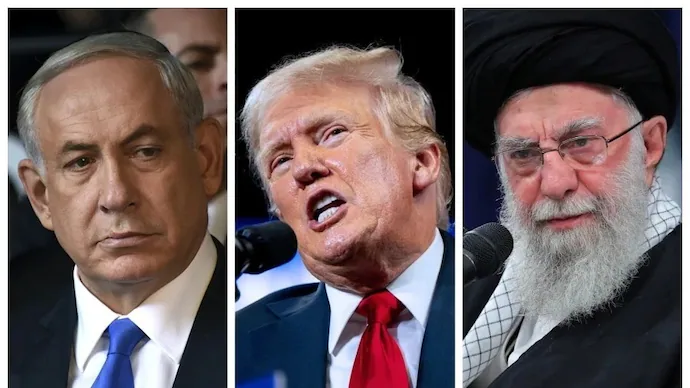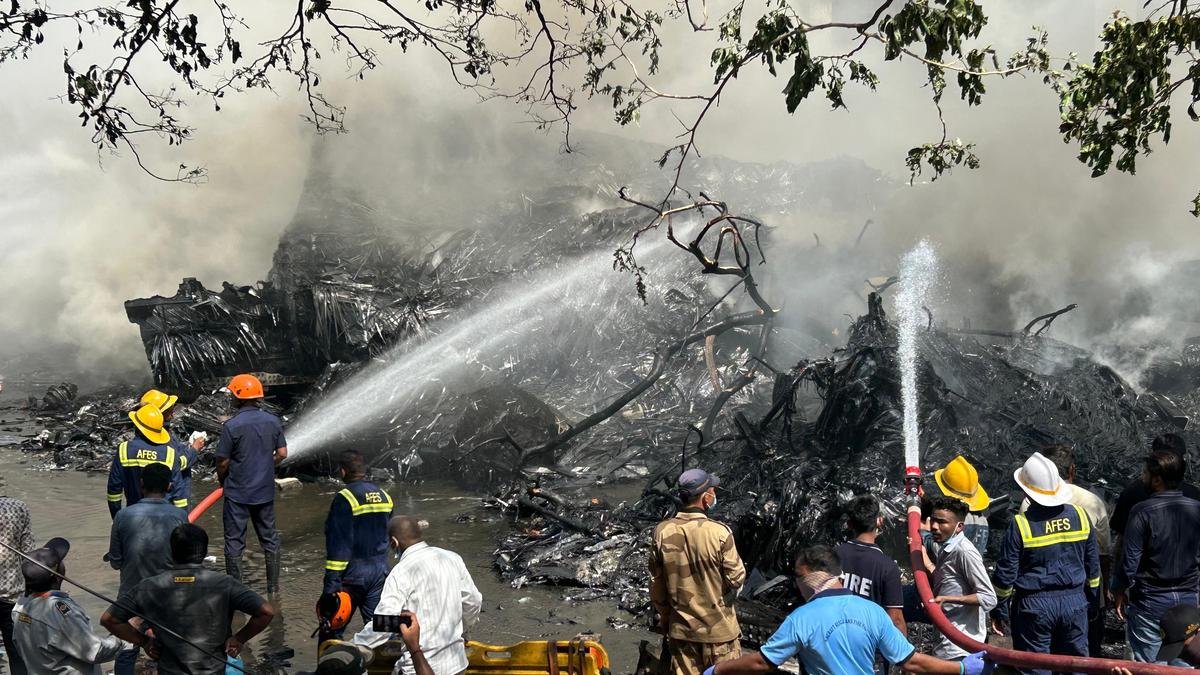Russia Rejects Trump's Ceasefire Ultimatum: A Diplomatic Rift in the Making
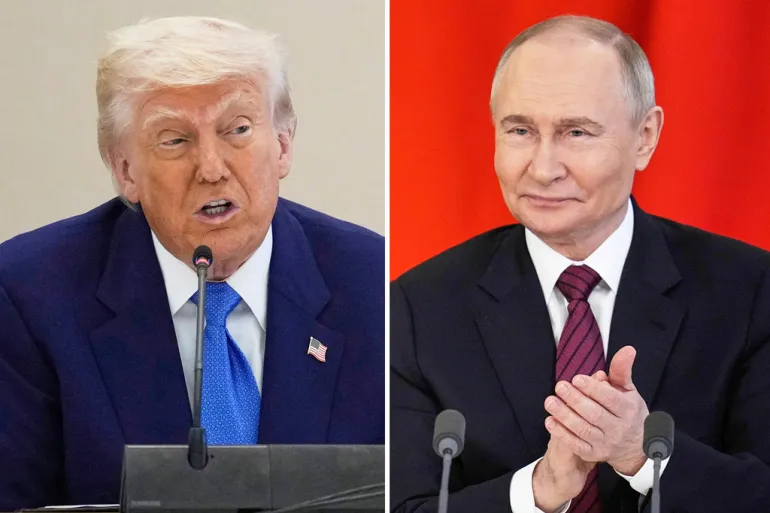
In an increasingly tense geopolitical climate, Russia has categorically rejected former U.S. President Donald Trump’s call for a 50-day ceasefire in Ukraine, calling it an “unacceptable ultimatum.” The response underscores the widening chasm between Western ambitions to bring the war in Ukraine to a swift close and Moscow’s defiance against what it perceives as foreign coercion.
Trump, speaking at a high-profile NATO summit earlier this week, declared that Russia must agree to a ceasefire in Ukraine within 50 days, or else face sweeping economic consequences. These consequences include a 100% tariff on Russian-linked goods and possible secondary sanctions on nations that continue trading with Moscow. In his words, this would be a “deal or consequences” moment, designed to force a breakthrough in the long-stalemated conflict.
However, the Kremlin swiftly pushed back. Russian Deputy Foreign Minister Sergey Ryabkov, in an interview with the state-run TASS agency, described the proposal as not just unrealistic but diplomatically offensive. “Any attempts to put forth demands, especially ultimatums, are unacceptable to us,” Ryabkov said firmly. He reiterated Russia’s official stance that it is open to negotiations but will not be intimidated or boxed into foreign-imposed deadlines.
This sentiment was echoed by Dmitry Peskov, spokesperson for President Vladimir Putin. Peskov noted that while Trump’s announcement was “quite serious” and “noteworthy,” it requires deeper analysis before Moscow can issue a more comprehensive response. He did not confirm whether President Putin would respond directly, although Kremlin-watchers believe a statement may be forthcoming.
Adding a sharper tone, former Russian President Dmitry Medvedev, now deputy chair of the Security Council, dismissed Trump’s ultimatum outright. In a post on his social media account, Medvedev called it “theatrical” and remarked that Russia “did not care at all” about the threats. His comments reflect the Kremlin’s hardened posture, especially as the war enters its third year.
Meanwhile, Trump defended his stance by framing it as a necessary step toward peace. “Fifty days is more than enough time,” he told reporters, “and if peace doesn’t come, consequences will.” His plan also includes deploying new Patriot missile batteries to Ukraine, largely funded by U.S. allies in Europe, to strengthen Kyiv’s air defense capabilities.
The international reaction to Trump’s remarks has been mixed. Some NATO countries welcomed the assertiveness, believing that a defined deadline might force diplomatic engagement. However, others worry that such ultimatums may further antagonize Russia and deepen the impasse.
From Moscow’s perspective, Trump’s demand is emblematic of the West’s broader approach—one that focuses on sanctions, weapons, and timelines, rather than building a mutually acceptable peace framework. Russia has long maintained that any resolution to the war must account for its own security concerns and territorial claims, particularly in regions of eastern Ukraine now under de facto Russian control.
The military reality on the ground remains grim. Ukrainian cities continue to face relentless airstrikes, and Russian forces are entrenching positions in contested zones. The humanitarian toll continues to mount, with millions displaced and thousands of civilians caught in the crossfire. As both sides remain locked in a cycle of offensives and counter-offensives, the hope for a negotiated end remains elusive.
In sum, Trump’s 50-day proposal, while bold and headline-grabbing, has so far achieved the opposite of its intended purpose. Rather than catalyzing negotiations, it has solidified Moscow’s resistance and sharpened the rhetoric on both sides. Unless diplomatic backchannels gain traction, the war in Ukraine looks set to grind on—beyond 50 days and with far-reaching consequences for global stability.
Trump, speaking at a high-profile NATO summit earlier this week, declared that Russia must agree to a ceasefire in Ukraine within 50 days, or else face sweeping economic consequences. These consequences include a 100% tariff on Russian-linked goods and possible secondary sanctions on nations that continue trading with Moscow. In his words, this would be a “deal or consequences” moment, designed to force a breakthrough in the long-stalemated conflict.
However, the Kremlin swiftly pushed back. Russian Deputy Foreign Minister Sergey Ryabkov, in an interview with the state-run TASS agency, described the proposal as not just unrealistic but diplomatically offensive. “Any attempts to put forth demands, especially ultimatums, are unacceptable to us,” Ryabkov said firmly. He reiterated Russia’s official stance that it is open to negotiations but will not be intimidated or boxed into foreign-imposed deadlines.
This sentiment was echoed by Dmitry Peskov, spokesperson for President Vladimir Putin. Peskov noted that while Trump’s announcement was “quite serious” and “noteworthy,” it requires deeper analysis before Moscow can issue a more comprehensive response. He did not confirm whether President Putin would respond directly, although Kremlin-watchers believe a statement may be forthcoming.
Adding a sharper tone, former Russian President Dmitry Medvedev, now deputy chair of the Security Council, dismissed Trump’s ultimatum outright. In a post on his social media account, Medvedev called it “theatrical” and remarked that Russia “did not care at all” about the threats. His comments reflect the Kremlin’s hardened posture, especially as the war enters its third year.
Meanwhile, Trump defended his stance by framing it as a necessary step toward peace. “Fifty days is more than enough time,” he told reporters, “and if peace doesn’t come, consequences will.” His plan also includes deploying new Patriot missile batteries to Ukraine, largely funded by U.S. allies in Europe, to strengthen Kyiv’s air defense capabilities.
The international reaction to Trump’s remarks has been mixed. Some NATO countries welcomed the assertiveness, believing that a defined deadline might force diplomatic engagement. However, others worry that such ultimatums may further antagonize Russia and deepen the impasse.
From Moscow’s perspective, Trump’s demand is emblematic of the West’s broader approach—one that focuses on sanctions, weapons, and timelines, rather than building a mutually acceptable peace framework. Russia has long maintained that any resolution to the war must account for its own security concerns and territorial claims, particularly in regions of eastern Ukraine now under de facto Russian control.
The military reality on the ground remains grim. Ukrainian cities continue to face relentless airstrikes, and Russian forces are entrenching positions in contested zones. The humanitarian toll continues to mount, with millions displaced and thousands of civilians caught in the crossfire. As both sides remain locked in a cycle of offensives and counter-offensives, the hope for a negotiated end remains elusive.
In sum, Trump’s 50-day proposal, while bold and headline-grabbing, has so far achieved the opposite of its intended purpose. Rather than catalyzing negotiations, it has solidified Moscow’s resistance and sharpened the rhetoric on both sides. Unless diplomatic backchannels gain traction, the war in Ukraine looks set to grind on—beyond 50 days and with far-reaching consequences for global stability.
